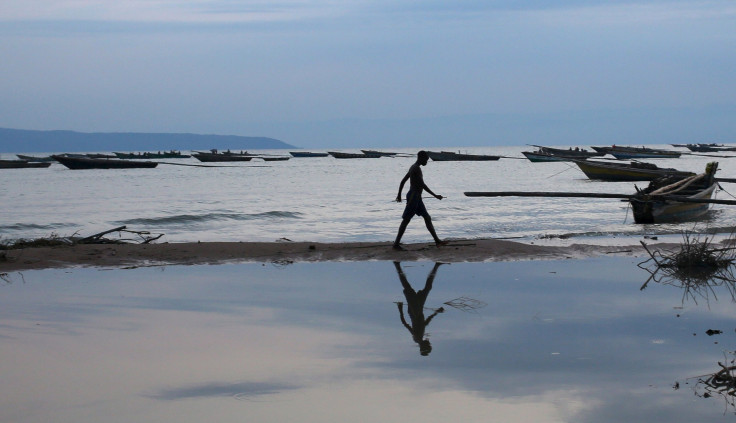Lake Tanganyika Fish Quantity Declines Due To Rising Temperatures

Lake Tanganyika, the second largest freshwater lake in the world, is responsible for providing several neighboring African countries their dietary resources. Over the past few decades, the lake has seen a decline in fish, which has long been credited to overfishing. But new research implicates a different culprit: rising temperatures.
Researchers gathered samples of sediment from the bottom of the lake and conducted a chemical analysis of the fossils found. The team discovered a correlation between rising temperatures and falling fish numbers.
"Our idea was to look at the fish fossil record and to see when that decline actually started," said Andrew Cohen, a professor at the University of Arizona. "If it happened before the start of the industrial fishing in the 1950s, you'd have strong evidence that the decline is not simply driven by this fishing activity and that's exactly what we found."
Rising temperatures impact the ecosystem of the lake, as warmer waters keeps the oxygenated top layer of the lake more separated from the nutrient-rich layer at the bottom. The divide means the nutrients from the bottom of the lake do not reach the top, which results in less algae and, in turn, less food for fish.
"The warming surface waters causes large parts of the lake's floor to lose oxygen, killing off bottom-dwelling animals such as freshwater snails," Cohen said to Phys Org. "This decline is seen in the sediment core records and is a major problem for the conservation of Lake Tanganyika's many threatened species and unique ecosystems."
That’s not to say overfishing has not contributed to the problem. According to Cohen, who published his research in the Proceedings of the National Academy of Sciences, it’s part of the issue but not the entire explanation.
"Fishing in the lake is a Wild West activity, there are nominal controls but no teeth," said Cohen. "Given the current trends of warming, the lake stratification will get stronger and the productivity will continue to be affected by that. The people in charge of these decisions need to be thinking about alternative livelihoods for people in the region."
The importance of preserving the lake’s ecosystem are two-fold: it is rich in biodiversity and it supplies the local population with food. Cohen compares the biodiversity in the lake with that of the Galapagos Island.
"Think about the Galapagos, and how iconic they are, Lake Tanganyika has many times more endemic species and nobody knows about it," he said.
As for providing food supplies, up to 60 percent of the animal protein consumed in countries like Burundi, the Democratic Republic of Congo, Tanzania and Zambia come from the east African rift lake.
"It's coming to bite us in terms of really impacting livelihoods for people around the lake, and the fact they have so many unsettled people in the region,” said Cohen. "These social and environmental trends are converging and I would say it's a really urgent issue to be aware of and start doing something about."
© Copyright IBTimes 2024. All rights reserved.






















